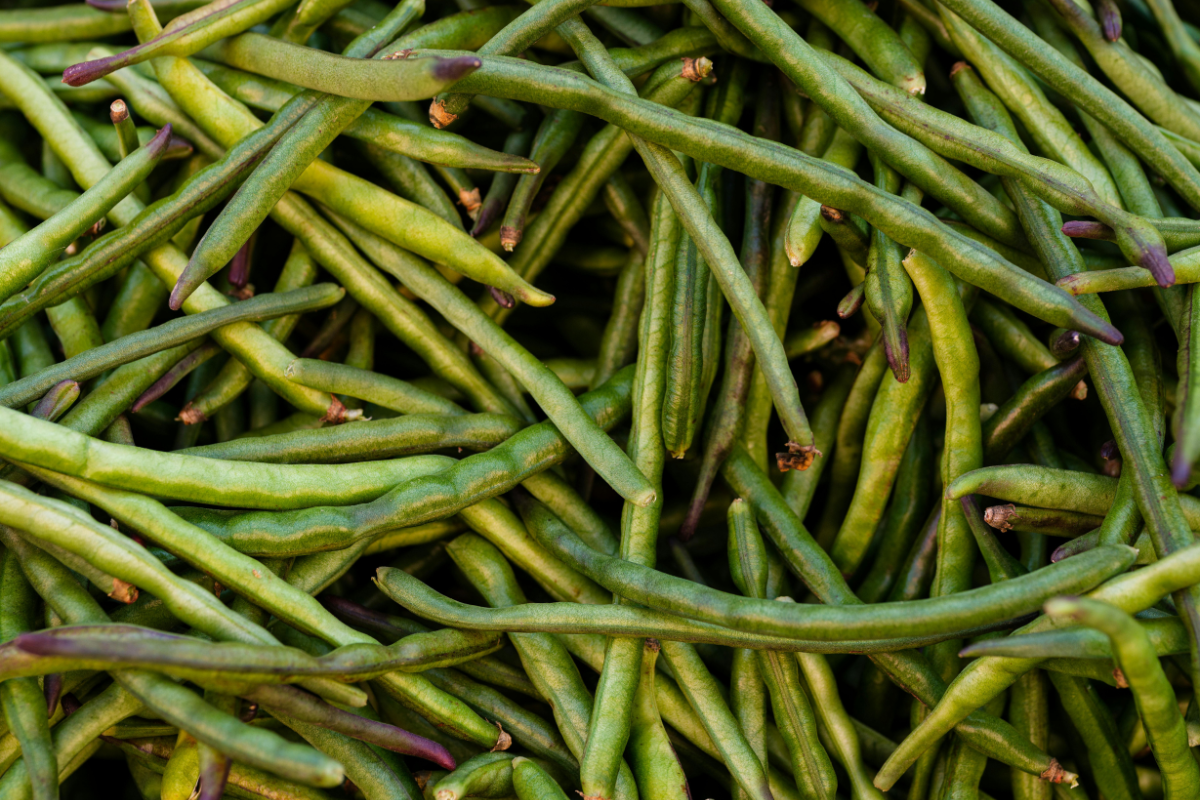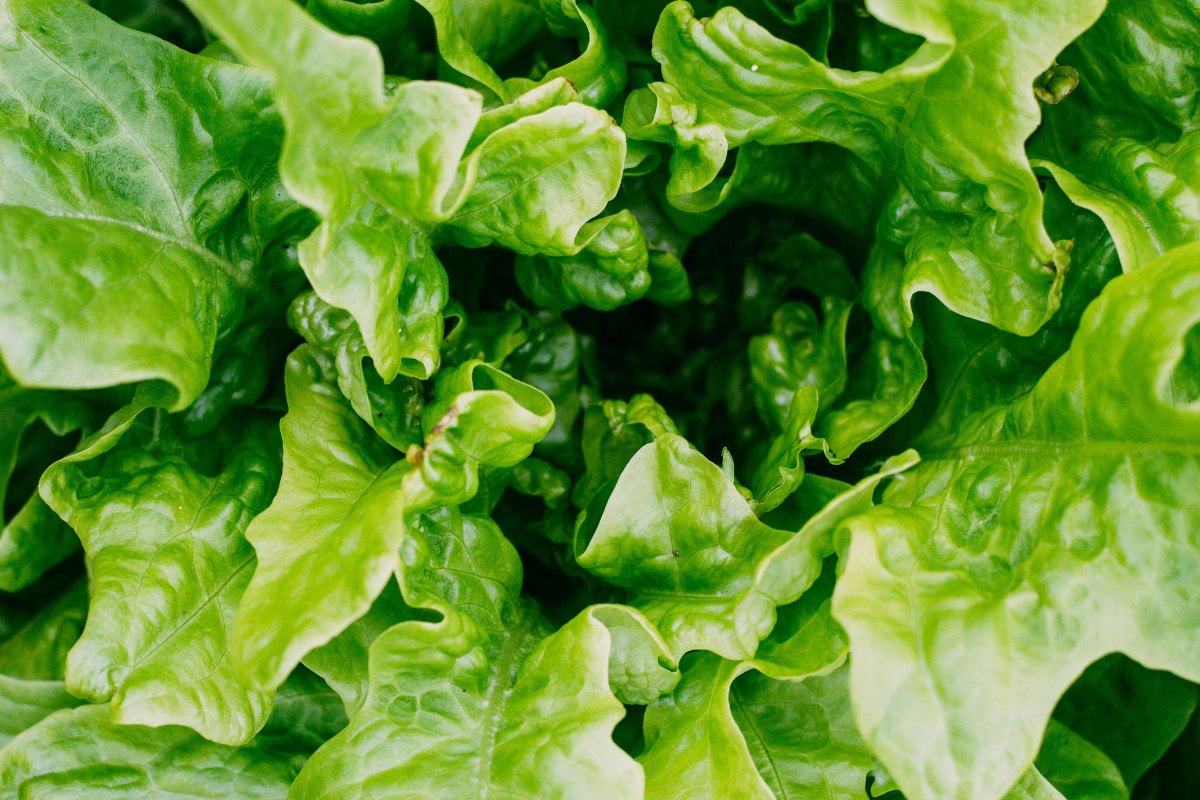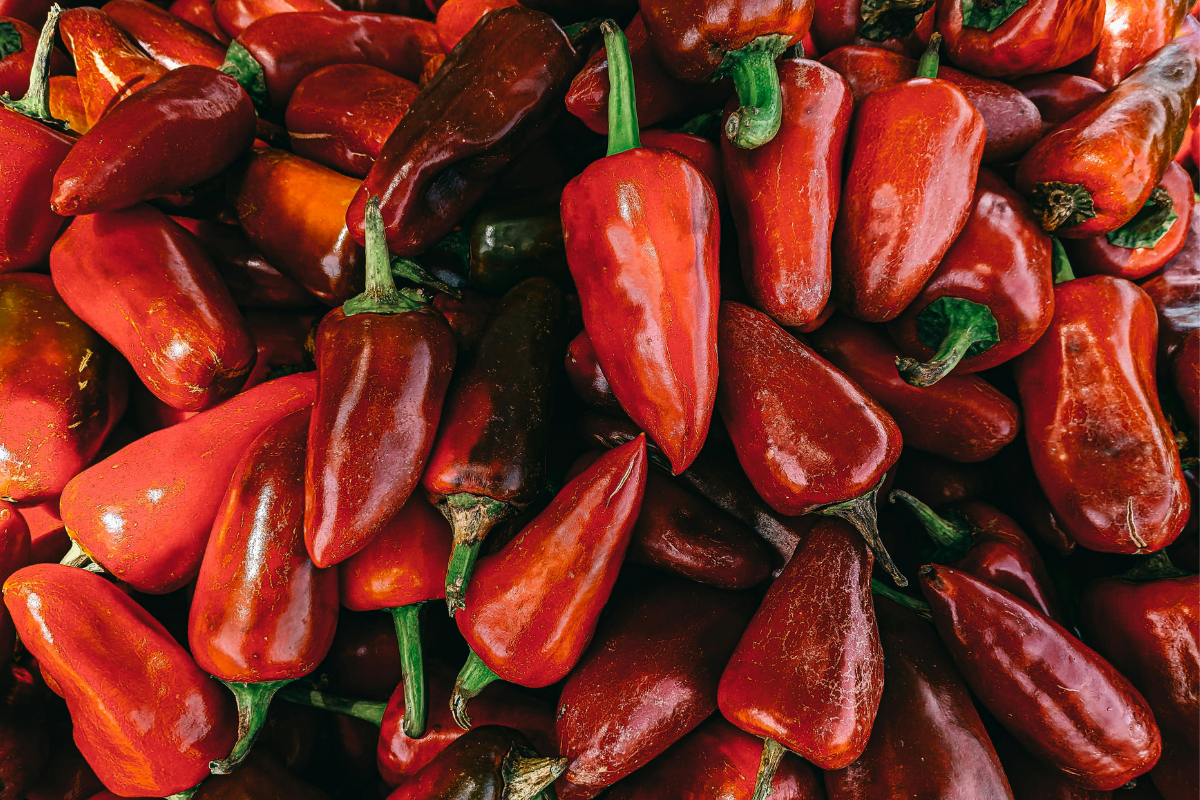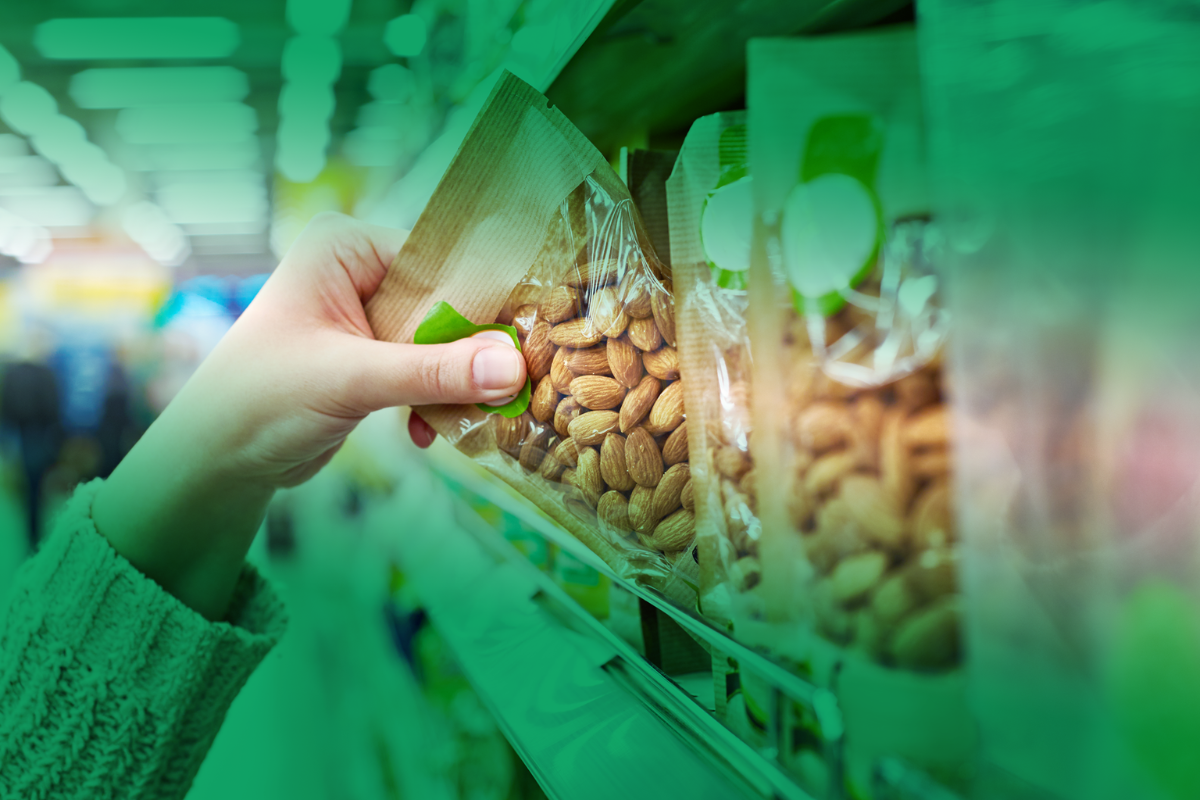Florian Wall
3
November
2025
The replacement of the vegetarian Cem Özdemir by the butcher Alois Rainer as minister for agriculture caused quite the stir in the German agriculture sector, especially the meat industry, which hoped for a change in course: finally, a strong "Yes" to keeping the conventional livestock industry as it is.
While the desire for security and thus planning certainty is understandable, it is nevertheless inevitable that an agriculture minister - regardless of party - has very little influence on demand. And Mr. Rainer, unlike Mr. Özdemir, has clearly stated that he has no interest in any kind of government-led market intervention.
This could be seen as either the next problem or the solution to the problem. The global demand for protein is booming, even if meat consumption in Germany is weakening. Simultaneously, consumers across the globe seek to diversify their protein intake.
While some look back and hesitate, others are proactively shaping the future. For example, Benedikt Sprenker from Westphalia combines animal welfare-oriented pig meat production with legume farming for human consumption and animal feed alike on his farm.
Opportunities for agriculture
This diversifying protein landscape offers incredible opportunities for agriculture, which, together with industry, biotech, and pharmaceutical companies, as well as an open society, belongs to the best-positioned primary sectors globally to meet this demand.
Agriculture as a producer of biomass and a preserver of soil and cultural landscapes is, and will always be, the centre of these processes. Hence, label discussions at the EU level - banning words like ‘burger’ for plant-based patties - would not be in the best interest of German farmers.
The diversification of our protein supply is a huge opportunity to position Germany and Europe as global leaders in protein production, whether from fermentation tanks, fields, pastures, or barns.
Now, strong voices to express the sector’s common goals are needed: for financial and legal support of protein diversification by state and retailers alike; for an equal regulatory framework for domestic and imported goods; and above all, for a shared political vision from and for agriculture.
The potential of the next generation of proteins for Germany is immense - let's seize it together.
A version of this opinion piece first appeared in German agricultural media outlet Top Agrar.



